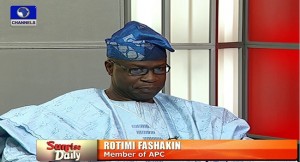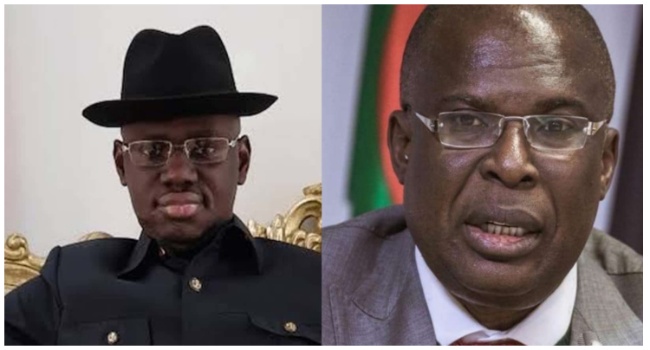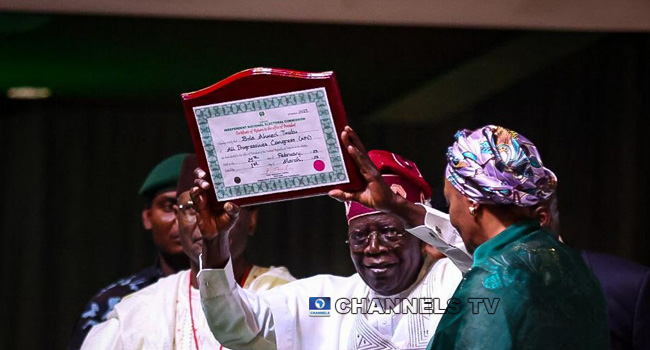
Speaking on Channels Television’s breakfast programme, Sunrise Daily, about the continued detention of the National Publicity Secretary of the Peoples Democratic Party (PDP), Mr Olisah Metuh, Mr Fashakin said “desperate situations demand desperate solutions”.
He alleged that Mr Metuh had “made elaborate arrangement to get to the Caribbean and from there disappear from the radar of the Nigerian authority”.
Mr Fashakin further noted that the Buhari-led administration has taken the fight against corruption beyond the mundane level.
“This is one of the rare occasions you see the Nigerian nation taking the fight against corruption very seriously beyond the mundane level.
“We have always pontificated it but it has always stopped at that level”, adding that “this is the first time that the fight against corruption has been leadership centred”, he said.
Mr Fashakin, who said the “scourge of corruption is humongous on our nation”, attributed the change to the leadership of President Buhari, adding that “when you see these desperate tactics being employed at fighting it, you will understand clearly where this administration is coming from”
He paraphrased the words of former United States Secretary of States, Colin Powell, saying “processes and systems may fail, but everything rises and falls on leadership” to buttress his argument that President Buhari is responsible for the turn in the fight against corruption in Nigeria.
He commended the efforts of late military Head of State, Gen. Murtala Muhammed, who ruled Nigeria for six months before being assassinated, in the fight against corruption in the mid-1970s.
Mr Fashakin also admitted that beyond the efforts of late Gen Mohammed, the former Economic and Financial Crimes (EFCC) Chairman, Nuhu Ribadu, whom he is no longer a fan of, “attempted to raise our consciousness to the scourge of corruption.
The former spokesman of the defunct Congress for Progressive Change (CPC), however, said that Nigerians will only remember Mr Ribadu’s fight against corruption as politically motivated during the administration of Mr Olusegun Obasanjo.
Mr Fashakin, in defending the “desperate measures” being used to fight corruption by the Buhari-led administration, singled the judiciary as one of the problems of Nigeria and urged Nigerians to call for the declaration of a state of emergency.
Mr Fashakin, who is not a legal practitioner, added that Nigeria’s judiciary is “more interested in the exhibition of legalism over administration of justice” adding that “we have created many lacunas in our laws” that allows for the circumvention of justice.
He wondered how the judiciary failed to find former Delta State governor, Mr James Ibori, guilty of charges that a court in London found him guilty of.




